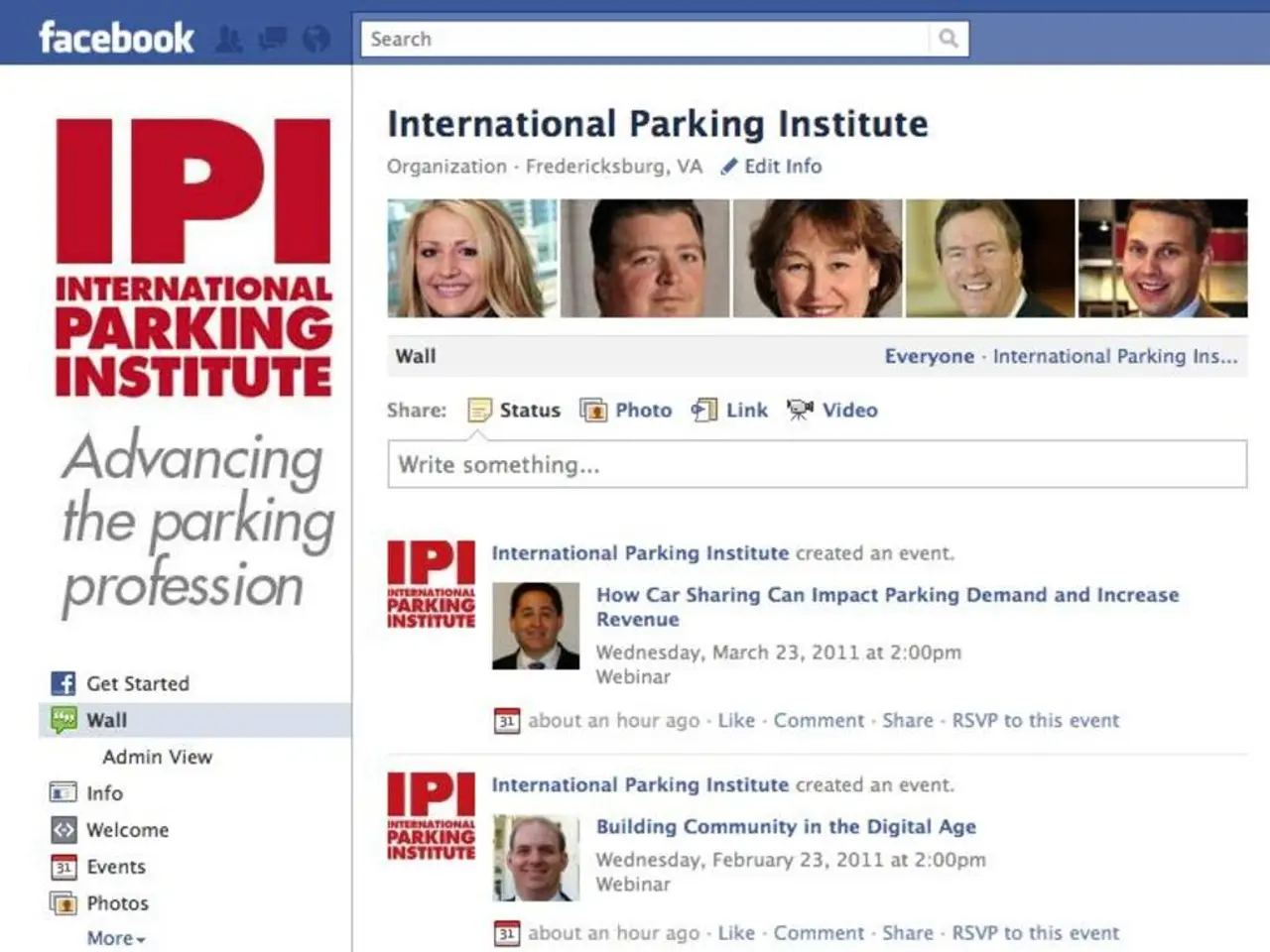Unpacking the False Notions of Inherent Genius Tied to Gender
In "Reflections", Vidushi Sharma shares her second-year BSE Fall experience in the Engineering Sequence, highlighting her challenging journey in Math 201 and 202, multivariable calculus and linear algebra respectively. Despite excelling in math during high school, Sharma found college math courses to be difficult, with low average scores.
The perception that innate ability is a prerequisite for success in fields like mathematics, physics, and philosophy contributes significantly to gender gaps in these disciplines. This belief tends to reinforce stereotypes that men are naturally more gifted in these domains, which can discourage women from pursuing or persisting in these fields.
Research by Professor Sarah-Jane Leslie connects the dots between gender gaps and the perception of innate ability. Teachers and educational environments that emphasize innate talent over effort or learning processes contribute to these gaps. For instance, male teachers are more likely than female teachers to endorse the idea that success in math or science depends on inherent talent. Such ability-focused mindsets are linked with gender differences in confidence and engagement, contributing to lower female participation and performance in STEM and philosophy.
However, interventions that emphasize growth mindset, inclusive pedagogy, and gender-sensitive policies can mitigate these effects and reduce gender gaps. Differentiated instruction that supports collaboration, teacher feedback, and diverse learning styles can help girls outperform boys in science-related tasks. Addressing teacher beliefs about ability and emphasizing that success comes from effort and learning, rather than innate gifts, also helps close gender disparities seen in rigorous disciplines like mathematics and physics.
Sharma's reflections underscore the importance of Humanities and Social Science classes as a STEM major. She discusses how stereotypes about the need for innate brilliance in certain disciplines can influence career choices, leading women to choose careers where hard work is seen as the key to success. Despite struggling with confidence in math at Princeton, avoiding proof-based math classes due to perceived requirements of being a "math person", Sharma is considering enrolling in another math class next semester, recognising that hard work and determination, rather than innate brilliance, lead to success.
Success in fields like biology and education is often seen as a result of effort and discipline, attracting men and women in more equal ratios. However, the belief that creative brilliance can be commanded and possessed at will is destructive and undermines both successful academics' work and aspiring students' dreams. Gender gaps are more prominent in disciplines where innate ability is perceived as a prerequisite for success, such as physics, philosophy, and math.
Sharma's experience in the BSE Fall semester, including research-based courses, echoes the need for a shift in mindset and educational practices to foster a more inclusive and equitable environment for all students. As she continues her academic journey, her reflections serve as a reminder that hard work, determination, and a growth mindset can overcome perceived barriers and lead to success in any field.




